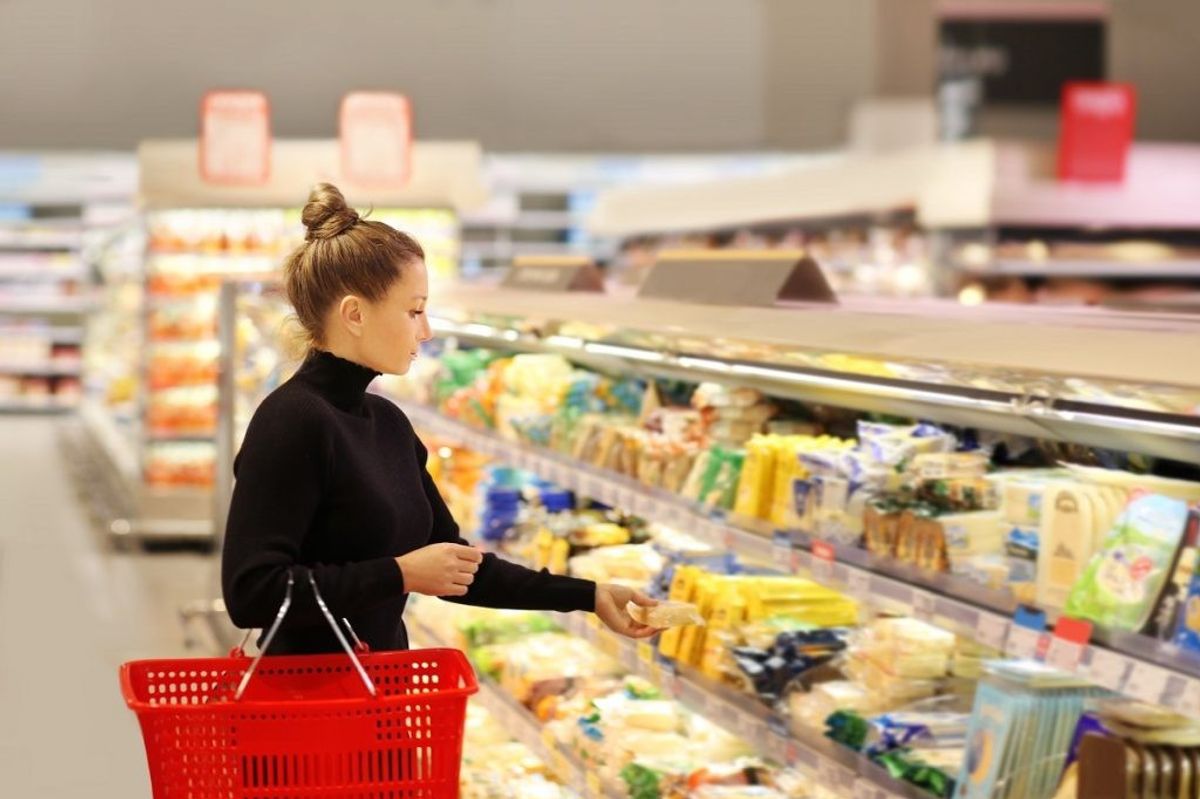Over one in three people expect to increase their spending on food in 2025 compared to 2024, despite having money saving as their top New Year’s resolution, reveals a recent report, also highlighting the consumers' evolving mindset towards new brands.
According to a report released by Clear Channel UK on Monday (20), Gen Z (41 per cent) and younger Millennials (27 per cent) expect to increase their spending on clothing more than older age groups, while the latter expect to spend more money on food.
When asked about openness to new brands, Gen Z shopping habits suggest they are more likely to step out of their comfort zone and experiment with new brands than older generations.
One in five (21 per cent) of 18-24-year-olds and nearly a quarter of 25-34-year-olds (24 per cent) claim to want to try new brands.
That figure is almost three times higher than those aged 45 and over.
Food (47 per cent), household items (31 per cent), toiletries/cosmetics (28 per cent) and drinks (24 per cent) were revealed as the top product categories people are looking to try from a different brand.
When it comes to main motivators for trying new products, the most popular responses were mainly "recommended by a friend" (52per cent), advertising (23 per cent), around specific occasions of the year (22 per cent), the beginning of the year (20 per cent) and when the product goes viral (18 per cent).
Other key findings from the study:
- Millennials and younger; those aged 18-24 (27 per cent), 25-34 (31 per cent), and 35-44 (25 per cent) are more inclined to try a new brand after being repeatedly exposed to advertising
- Top reasons for trying new products are affordability, better product reviews, superior quality, brand reputation and dissatisfaction with a current product
- Men (19 per cent) are more likely to try new brands than women (10 per cent)
Ben Hope, marketing director at Clear Channel, said, ‘’Our study shows that while the younger generations are prioritising money saving for 2025, they are also more open to trying new brands after becoming aware through advertising – particularly Gen Z and Millennials.
“This suggests they are a perfect target for marketers who plan to expand their reach.”


